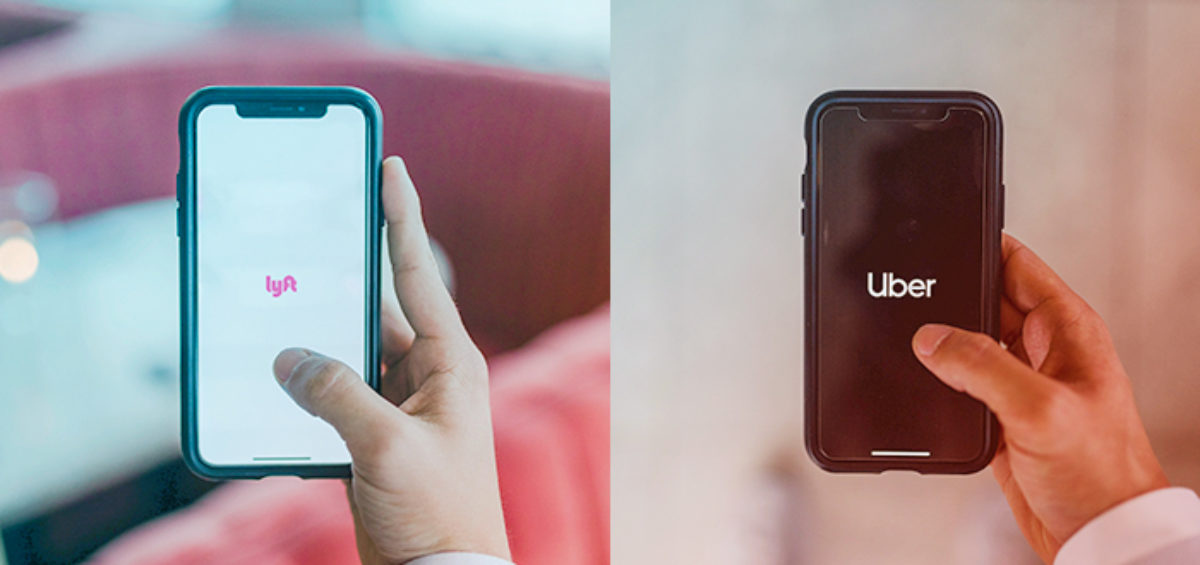In November 2020, Californians voted “yes” on Proposition 22, which means drivers for Lyft and Uber in California will remain independent contractors.
Here’s what that means for the drivers — and the Travelers who ride with them.
In November 2020, when residents of the Golden State went to polling places, they cast votes for Proposition 22, a referendum that would determine the future of Lyft and Uber in California. Ultimately, Prop 22 passed, meaning that ride-share companies could continue treating their drivers as individual contractors rather than their own employees.
This outcome will make a long-term impact on transportation in the most populous state in the nation, including on business Travelers and how they get around when visiting the Bay Area, the Los Angeles area, San Diego and other prime destinations on the West Coast.
Continue reading to learn more about Prop 22, what it means for drivers, as well as how it might affect business Travelers.

How Prop 22 Affects Drivers
There’s both good and bad in the outcome of the Prop 22 vote for Lyft and Uber drivers. As individual contractors rather than employees, ride-share drivers are limited in the benefits they enjoy. For example, they receive no health care and no unemployment insurance.
Lyft and Uber in California did make concessions ahead of the Prop 22 vote, though. They promised to adhere to a wage floor, ensuring that their drivers get paid no less than 120% of minimum wage. Drivers who work for Lyft or Uber for 15 hours or more each week will receive a stipend to pay for health insurance, and drivers who work for 25 hours or more will get an even larger stipend.
As part of the deal, Lyft and Uber cannot stop their drivers from working for other ride-share and delivery companies. Also, Lyft and Uber cannot prevent their drivers from refusing specific types of rides.
How Prop 22 Affects Travelers
There’s also good and bad in this outcome for Travelers (and the Executives who approve travel budgets). First the good: Lyft, Uber and other ride-share services will be available in California for the foreseeable future. At one point, Lyft and Uber were going to be required to make their drivers their own employees, adhering to a California Supreme Court ruling from 2018 that went into effect in 2019. If that had been the case, Lyft and Uber had promised to pull out of California altogether.
When Prop 22 passed with about 58% of the total vote, Lyft and Uber became exempt from that 2018 ruling.
The bad news for Travelers and the companies paying for their expenses is this: Lyft and Uber rides may cost slightly more in California. While the ride-share companies “won” this referendum, they still made small concessions as part of the deal, and those concessions will cost money.
For example, Lyft and Uber drivers in California will start making more and begin drawing a health care stipend in some cases. Rather than absorbing those costs, Lyft and Uber in California are likely to pass them along to consumers.
Also, Lyft and Uber drivers can no longer be compelled to accept any and all rides. That means that Travelers who are looking for rides that match specific characteristics may have a harder time finding a driver.
Save on Travel Spend With JTB
Business travel represents a significant expense for many companies, and Executives expect a strong return on investment. At JTB Business Travel, we work with companies large and small, helping them optimize their travel spend while also creating productive, comfortable itineraries for traveling team members. Flights, hotels, ride-shares and more — we can help you save.
Contact us today to learn more about our common-sense approach to business travel.














Leave a Comment